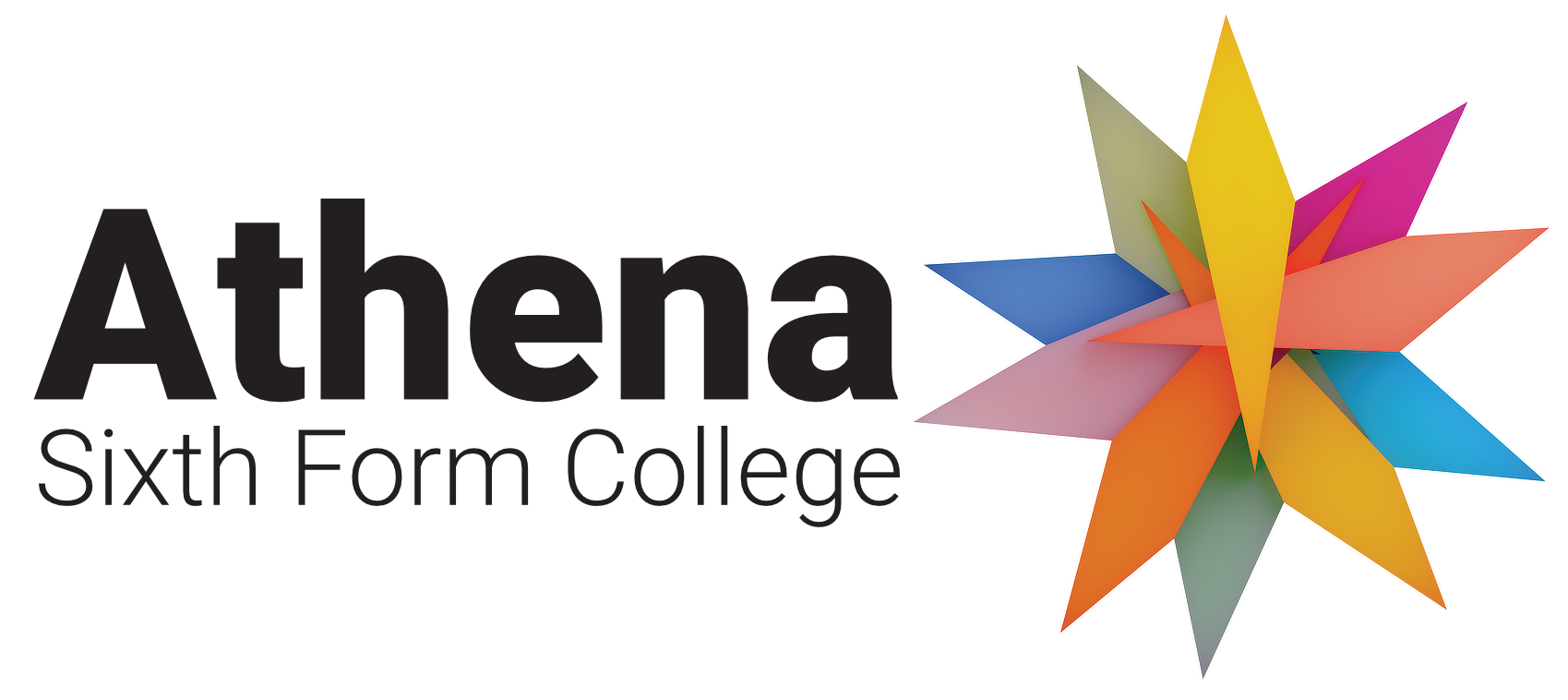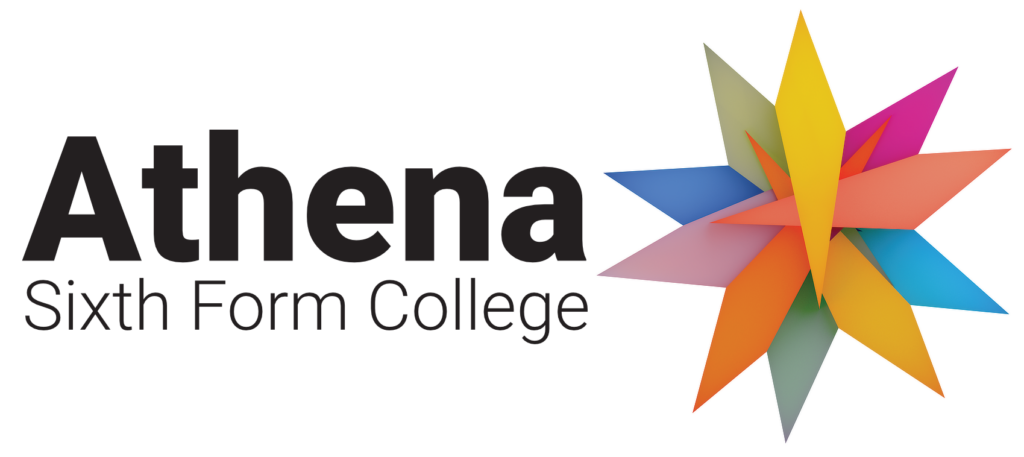Why Study?
Criminologists play an important role in the criminal justice system. They conduct research, teach and work with various law enforcement agencies. They studythe social and psychological factors that cause people to commit crimes and research which approaches to rehabilitation work and don’t work.
WJEC Level 3 Applied Diploma in Criminology is a qualification with elements of psychology, law and sociology that complements studies in humanities. It has been designed to offer exciting and interesting experiences that focus learning for learners through the acquisition of knowledge and understanding in contexts linked to the criminal justice system.
The qualification would support learners’ progression from GCSEs in Sociology, Law, Psychology, Citizenship, Ethics or Humanities.
What can I do with it?
An understanding of criminology is relevant to many job roles within the criminal justice sector, social and probation work and sociology and psychology. WJEC Criminology has been designed to support learners progressing to university. Courses include: BSc Criminology, BA Criminology, BA Criminology and Criminal Justice, BSc (Hons) Criminology and Psychology, LLB (Hons) Law with Criminology, BA (Hons) Criminology and Sociology, BA (Hons) Criminology, BSc (Hons) Psychology and Sociology, BSc Criminology with Law.
Alternatively, the qualification allows learners to gain the required understanding and skills to be able to consider employment within some aspects of the criminal justice system, e.g. the National Probation Service, the Courts and Tribunals Service or the National Offender Management Service.
Subject combinations
WJEC Criminology works well alongside subjects that have some degree of social awareness such as the Ethics, History, Geography and Psychology.
Extras
The acquisition of knowledge and understanding will be gathered from a range of sources not least the opportunity to visit purposeful contexts linked to the criminal justice system, interview public figures and engage in discussion and small group debate.
The course demands learners to engage with authentic case studies. It also requires learners to consider how their learning impacts on themselves, other individuals, employers, society and the environment. The applied purpose will also allow learners to develop skills required for independent learning and development, a range of generic and transferable skills, the ability to solve problems, the skills of project-based research, development and presentation and the fundamental ability to work alongside others in a professional environment.
What will I study?
Learners will complete 4 units over 2 years.
- The first mandatory unit will enable the learner to demonstrate understanding of different types of crime, influences on perceptions of crime and why some crimes are unreported.
- The second mandatory unit will allow learners to gain an understanding of why people commit crime, drawing on what they have learned in Unit 1.
- The third mandatory unit will provide an understanding of the criminal justice system from the moment a crime has been identified to the verdict. Learners will develop the understanding and skills needed to examine information in order to review the justice of verdicts in criminal cases.
- In the final mandatory unit, learners will apply their understanding of the awareness of criminality, criminological theories and the process of bringing an accused to court in order to evaluate the effectiveness of social control to deliver criminal justice policy.

